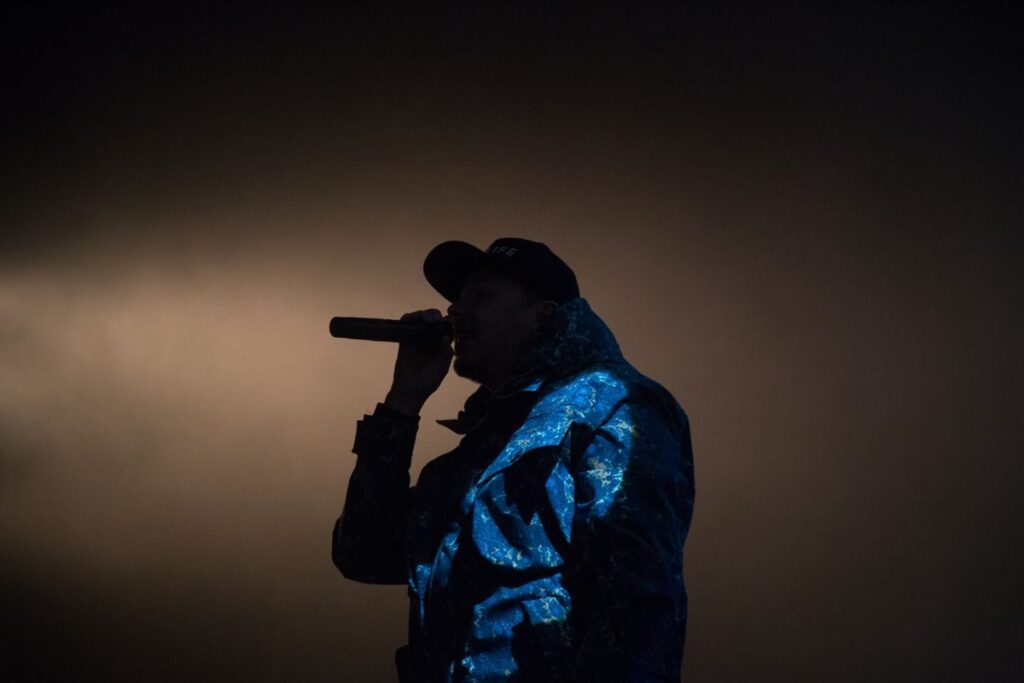Introduction
In recent years, artificial intelligence (AI) has made significant advancements in various industries, and the music sector is no exception. One fascinating application of AI in music is AI rapper text to speech technology. This innovative technology allows artists and music producers to create rap music effortlessly, transforming written lyrics into captivating vocal performances. In this article, we’ll delve into the world of AI Rapper Text to Speech, exploring its capabilities, benefits, and its impact on the music industry.
AI Rapper Text to Speech: Understanding the Technology
It is a powerful technology that combines natural language processing (NLP) and speech synthesis to convert written text into spoken words. By leveraging deep learning algorithms, it models can learn from vast amounts of rap music data, refining their abilities to generate high-quality rap vocals.
How AI Rapper Text to Speech Works
AI rapper text to speech models are based on neural networks that learn from extensive rap song databases. These networks analyze patterns in existing rap music, including vocal delivery, rhythm, and intonation. When given a written rap lyric, the AI model processes the text, breaks it down into phonemes and linguistic features, and then reconstructs it into a natural-sounding rap vocal performance. The result is a seamless blend of human-like expressions and rap elements, creating a unique and captivating auditory experience.
The Impact of AI Rapper Text to Speech on Music Creation
It has brought a paradigm shift in the music creation process. Previously, artists and producers relied on recording sessions with human rappers to bring their lyrics to life. With it, this process becomes much more efficient, cost-effective, and time-saving. Artists can now experiment with different vocal styles, pitches, and emotions without the need for multiple recording takes.
Advantages of Using AI Rapper Text to Speech
- Unlimited Creativity: It enables artists to explore endless creative possibilities. They can experiment with different voice personalities and adapt the delivery to suit the song’s mood and message.
- Consistent Quality: Unlike human vocalists who might experience vocal fatigue or inconsistencies, AI-generated rap vocals maintain a consistent level of quality throughout the entire recording.
- Rapid Iteration: With AI, artists can iterate their songs rapidly, making quick changes and adjustments to achieve the perfect sound they envision.
- Global Collaboration: It allows artists and producers from different parts of the world to collaborate seamlessly without the need for physical presence.
- Accessibility: This technology opens up opportunities for aspiring artists with limited access to professional recording studios and vocalists.
AI Rapper Text to Speech in the Music Industry
The music industry is buzzing with excitement over it. Record labels, producers, and independent artists are embracing this technology to enhance their music production process and create a fresh and engaging sound. Major artists have started experimenting with AI-generated vocals, blending them with their original performances to create unique and unforgettable tracks.
Ethical Considerations of AI Rapper Text to Speech
As with any AI technology, there are ethical considerations surrounding the use of AI rapper text to speech. Some argue that it might lead to a decrease in demand for human rappers, potentially affecting livelihoods. Others raise concerns about the authenticity and emotional depth of AI-generated vocals compared to genuine human performances. Striking a balance between technological advancements and preserving human artistry is a challenge that the music industry must address.
FAQs about AI Rapper Text to Speech
Q: How accurate is AI rapper text to speech in delivering natural-sounding rap vocals?
It has made remarkable progress in producing natural-sounding rap vocals. While it may not always replicate the complexity of human emotions, it has achieved an impressive level of realism, indistinguishable from human performances in many cases.
Q: Can it be used for other music genres?
Yes, It technology is versatile and can be adapted for various music genres. It has the potential to revolutionize how music is created across different styles and languages.
Q: Does it completely replace human rappers?
No, It doesn’t aim to replace human rappers. Instead, it complements human creativity, offering new avenues for artistic expression and enabling collaboration between AI and human performers.
Q: Is it accessible to independent artists and beginners?
Yes, It is accessible to independent artists and beginners. Many AI-driven music platforms offer user-friendly interfaces, making it easy for aspiring artists to create music without complex technical knowledge.
Q: What precautions should artists take when using it?
Artists should use it responsibly and ensure proper credit and recognition for the technology’s contributions. Additionally, they should consider the potential impact on human rappers and strive to strike a balance between AI-generated and human performances.
Q: Can it be used live in concerts?
While technically possible, the widespread use of it in live concerts is still limited. Challenges such as real-time processing and integration with stage performances.
Conclusion
Technology represents a fascinating innovation in the music industry. Its ability to generate lifelike rap vocals opens up new horizons for artists, producers, and music enthusiasts. As the technology continues to evolve, ethical considerations will play a crucial role in its integration into the music creation process. It is not a replacement for human talent but rather a powerful tool to enhance creativity and artistic expression. Embracing this technology responsibly can lead to a harmonious blend of AI-driven innovation and authentic human emotions in the world of music.

